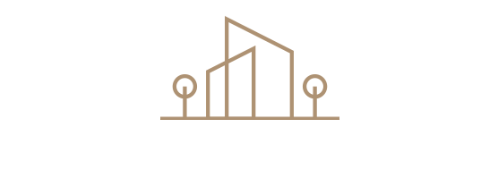Erasmus Mundus Grant Agreement: What You Need to Know
If you are a student looking to pursue your higher education in Europe, you may have come across the term “Erasmus Mundus” and wondered what it entails. The Erasmus Mundus program is a European Union-led initiative that aims to enhance the quality of higher education by promoting cooperation between universities across the world.
Under this program, students and scholars can apply for grants to study or carry out research in partner universities. These grants are funded by the European Commission and are awarded through the Erasmus Mundus Joint Master Degrees (EMJMDs) and Erasmus Mundus Joint Doctorates (EMJDs) programs.
However, before you can receive these grants, you must sign an Erasmus Mundus Grant Agreement. This agreement outlines your responsibilities and obligations as a grant recipient and ensures that you understand the terms and conditions of the grant.
So, what are some of the things you should know about the Erasmus Mundus Grant Agreement?
1. Content of the Agreement
The Erasmus Mundus Grant Agreement is a legal document that outlines the terms and conditions of your grant award. It includes information on your scholarship or research grant, your responsibilities as a grant recipient, and the responsibilities of the university or institution providing the grant.
The agreement also outlines the reporting requirements for the grant, including the submission of progress reports and final reports on your studies or research.
2. Obligations of the Grant Recipient
As a grant recipient, you are required to adhere to the terms and conditions outlined in the Erasmus Mundus Grant Agreement. This includes attending classes regularly, maintaining a satisfactory academic performance, and complying with the rules and regulations of the host university.
You are also required to submit progress reports and a final report on your studies or research, as well as any other documentation required by the grant agreement.
3. Obligation of the Institution Providing the Grant
The institution providing the grant is required to provide you with the necessary support and guidance to ensure that you successfully complete your studies or research. This includes providing access to resources, such as libraries and laboratories, and offering mentoring or supervision as needed.
The institution is also required to submit progress reports and a final report on your studies or research, as well as any other documentation required by the grant agreement.
4. Duration of the Grant
The duration of your Erasmus Mundus grant will depend on the specific program you are enrolled in. EMJMDs typically last between 12 and 24 months, while EMJDs can last up to three years.
Your grant agreement will specify the duration of your grant award, as well as the start and end dates of your program.
5. Consequences of Non-Compliance
If you fail to comply with the terms and conditions of your Erasmus Mundus Grant Agreement, you may be required to repay a portion or all of the grant money awarded to you. Non-compliance can also result in the termination of your grant award, which could have significant consequences on your academic career.
In conclusion, the Erasmus Mundus Grant Agreement is an essential document that outlines the terms and conditions of your grant award. By understanding your responsibilities and obligations as a grant recipient, you can ensure that you make the most of this opportunity and successfully complete your studies or research.
